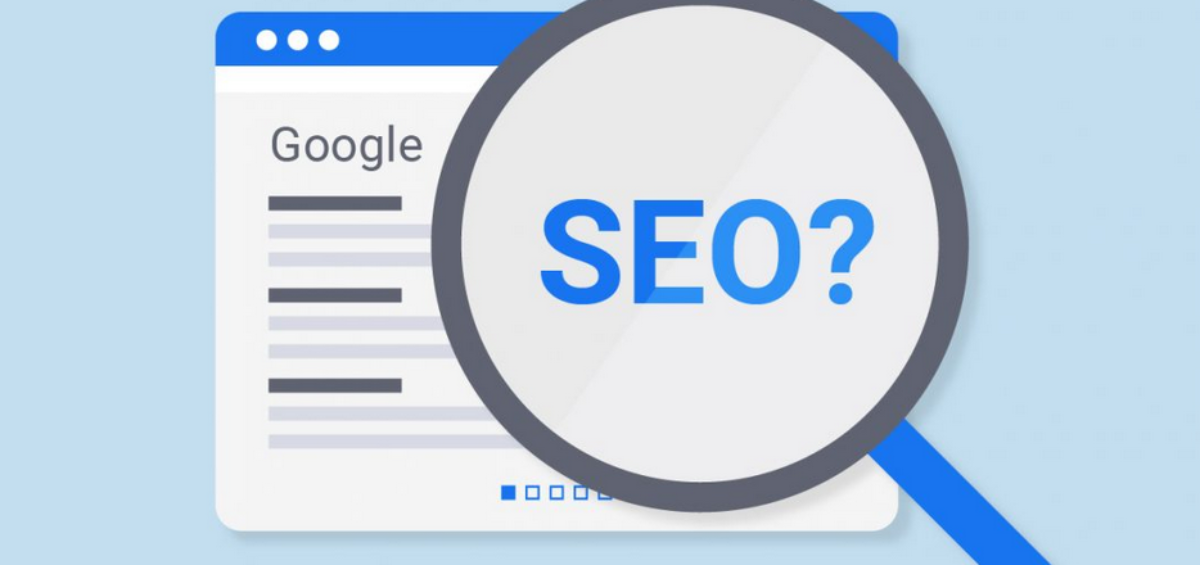For years, SEO has stood for Search Engine Optimization. There was tips, tricks, secrets, strategies, and foul play going on just to get to the top of page one. It worked for lots of sites.
But Google’s recent algorithm updates have changed the landscape completely. Gone are the days of illegal actions and buying thousands of links to increase your site’s position.
So, what’s left? Where do you go from here?
By now, you’re probably drowning in “how-to” posts, the latest and best tactic to rank your site, or the low-quality strategies thrown out by people who don’t know what they’re talking about.
The truth is, anyone can optimize a website. I don’t want you to think about SEO as optimization, because it isn’t. It’s more like search engine authority.
What you do on-page and off doesn’t have to be as optimized as you once thought. I’ve been able to get sites on the first page of Google with little optimization – granted the keywords aren’t “life insurance”, “tax”, or “vacation.”
How did I do it?
Let’s put it this way: the acronym KISS doesn’t just apply to design. It applies to search engines, too. Keep it Simple, Stupid.
Let’s explore what simplicity means in 2013.
1. Keep it Fresh
Your homepage is the most important page on your site because that’s where the majority of your traffic ends up. This means, it should be supported with keyword-rich links, H1 tags, and a couple hundred words of copy. Remember, keep it simple. This means one keyword per one hundred words of copy. Apply this rule to other pages on your site as time allows.
Also, grab a blog while you’re at it. Every time you add a new post it gives Google a reason to come back to your site and see what’s new!
2. Become an Expert
Make your company (or someone in your company) an expert. Being an expert means putting out quality content, whether that’s through a blog, guest-posting on industry blogs or speaking at local events. Someone has to be the expert. Use this content creation to drive links – and targeted traffic – to your site.
3. Don’t Go Fish
Doing illegal things gets you in trouble. Think twice about buying 50,000 links, littering your page with keyword-rich links, or paying someone overseas to write content for you. If it sounds too good to be true, it is. Plus, it may hurt your placement with Google. Even if you’ve seen it work, it won’t eventually. Google has always caught up to sites abusing the system. This means play it safe and you’ll be handsomely rewarded.
SEO, just like much of the web, is set to undergo rapid changes in 2013. Keep to the three rules above, and you’ll likely be safe.
Best of luck getting to page one!
Author Bio:
Michael Adams is the Marketing Manager at Fourtopper. Fourtopper builds websites for restaurants by bringing more to the table.













Add Comment